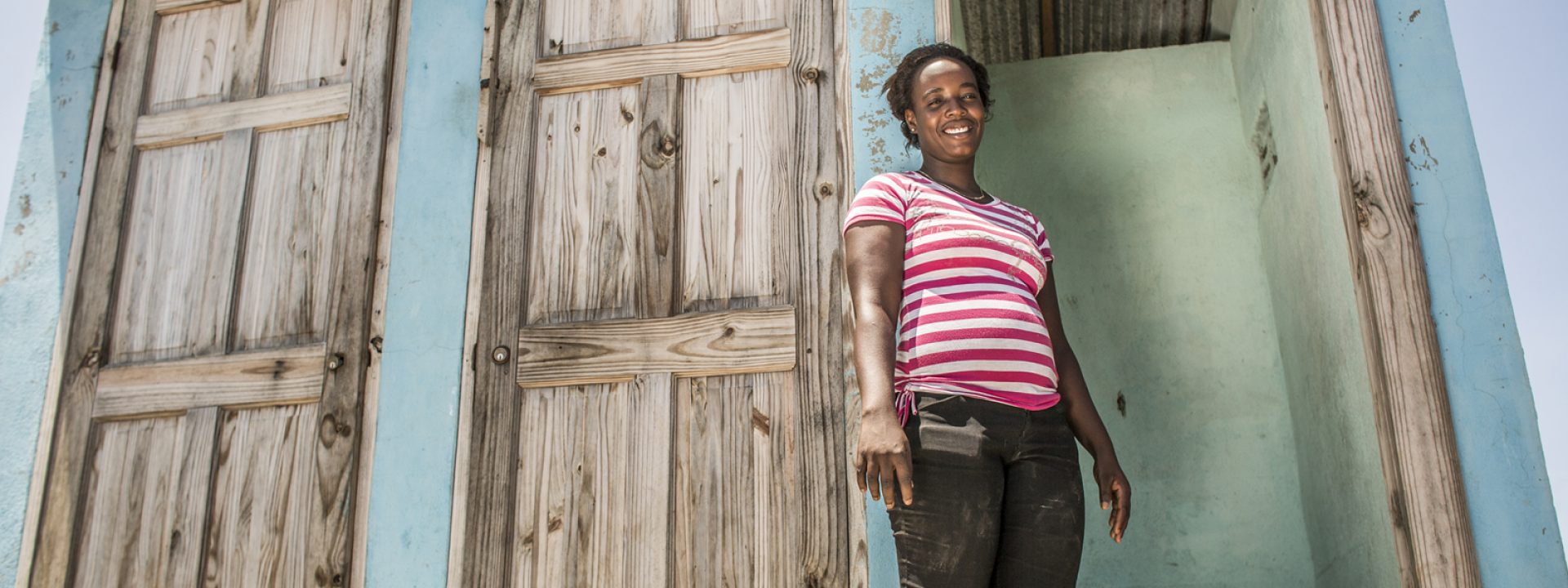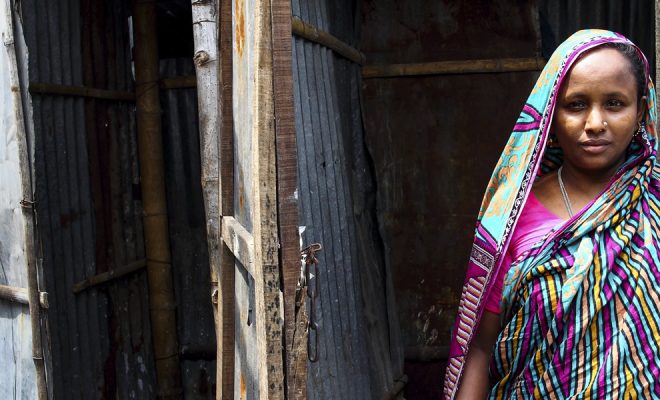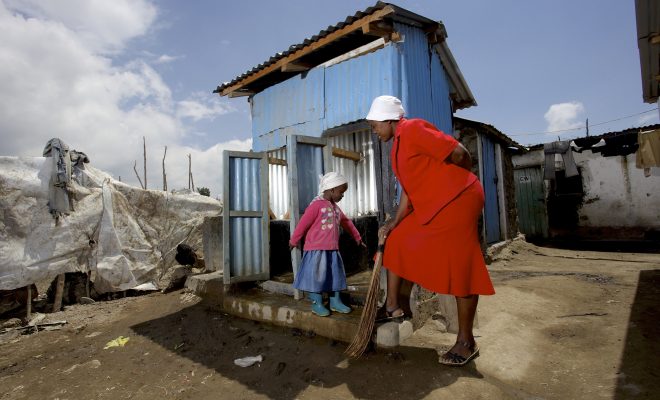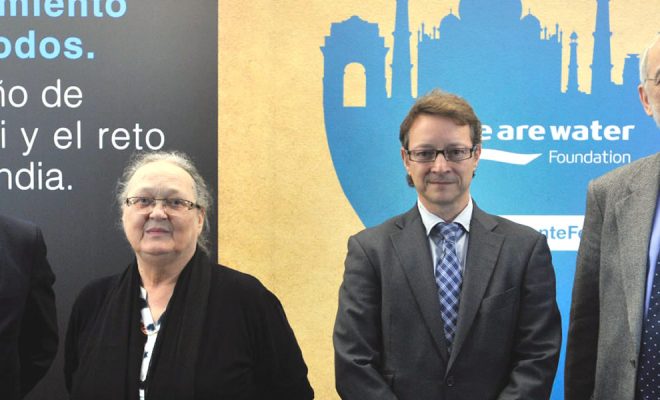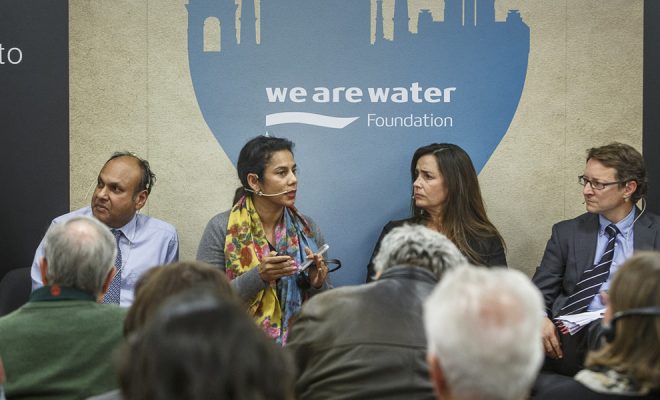The smartphone was launched 10 years ago and nowadays 5.5 billion users own one. The toilet was invented 4,000 years ago, but only 5 billion people can use one. The strings that drive the economy are complicated and subtle, but there are tangible socioeconomic factors that may be influenced. This is the goal of the World Toilet Day this year: to raise awareness of and reflect on how sanitation, or the lack of it, can affect the means of subsistence of those in need and which are the viable solutions to this scourge.
In this way, “Toilets and jobs”, the slogan launched by United Nations in 2016, gets to the very heart of the complicated economic situation around those communities that lack basic sanitation.
There are more than 2.4 billion people with no access to basic sanitation services, such as toilets or latrines. Due to this situation 1.8 billion people, six times the population of the United States, use a source of water that is contaminated by faecal matter, causing the spread of different infectious diseases, such as diarrhoea, which lead to the death of around 1000 children every day.
But the lack of basic sanitation is not only a hygienic and environmental problem. It is a hindrance to development in every sense. From the social point of view, as childhood diseases deconstruct families and communities, and from the economic point of view, as more than 1.7 billion dollars are spent every year in the treatment of waterborne infectious diseases.
On the other hand, women and girls that lack any privacy in the toilet suffer continuous sexual attacks and thefts and teenagers that menstruate in schools without suitable toilets tend to skip school those days.
The lack of access to a toilet has also led to a socio-cultural scourge: open defecation. Those 946 million people that practise it know of no other possibility. The toilet is not integrated in their culture, as it has never existed in their social or ethnic group. There is therefore much work to do in education together with the implementation of latrines and sanitation to achieve sustainable facilities and subsequent tangible socio-economic benefits.
There is also a political problem. Sometimes it is said that sanitation is the poor relation of water, as in most cases it seems to stay behind in all public investment plans. It has always been more difficult to involve institutions in something that is more expensive and complex than to simply ensure the access to water. Likewise, some national and local governments have found it awkward to deal with the problem of open defecation, not only due to a matter of prestige, but also for not having to admit the socially unjust situation experienced by some of their communities.
On the other hand, historically it has been difficult to obtain reliable statistical information on sanitation: modesty sometimes prevents people from confessing inadequate hygienic practices; however, anyone would demand openly their right to the access to water.
The round table “Sanitation: the engine of progress”
The solutions to the problem need to be based on a multidisciplinary and participatory approach. The economic, technological, climate and cultural factors of the affected areas need to be taken into consideration jointly. It is essential to ensure that all steps taken are sustainable so as to achieve the Sustainable Development Goal no. 6.
This is the aim of the round table Sanitation: the engine of progress organised by the We Are Water Foundation at the Roca Madrid Gallery. On the 17 November and to commemorate the World Toilet Day, David Escobar, founding partner of iAgua, will moderate a debate with five experts in sanitation: Siqui Sánchez, professional photographer in charge of the project Toilet Planet; Fernando Espejo, Public Works Technical Engineer; Aniza García, lawyer and member of the Advisory Panel of the Water and Sanitation Cooperation Fund until 2012; Angel Morillo, archaeologist and Xavier Torras, director of the We Are Water Foundation.
This round table will lay out the importance of sanitation throughout civilisations, an approach that will get to the heart of the socioeconomic, cultural and educational aspects of this human right that needs to be addressed jointly by different academic disciplines.
The historic evolution of the pairing hygiene/bathroom space will be addressed, especially in the decisive period of the twentieth and twenty-first centuries, from the social, economic and architectural point of view and a key factor for the sustainability of the facilities will be discussed: education as an antidote to existing taboos related to hygienic practices.
All this is essential to ensure sanitation, which is indispensable for the progress of those societies in need, reaches everyone.


